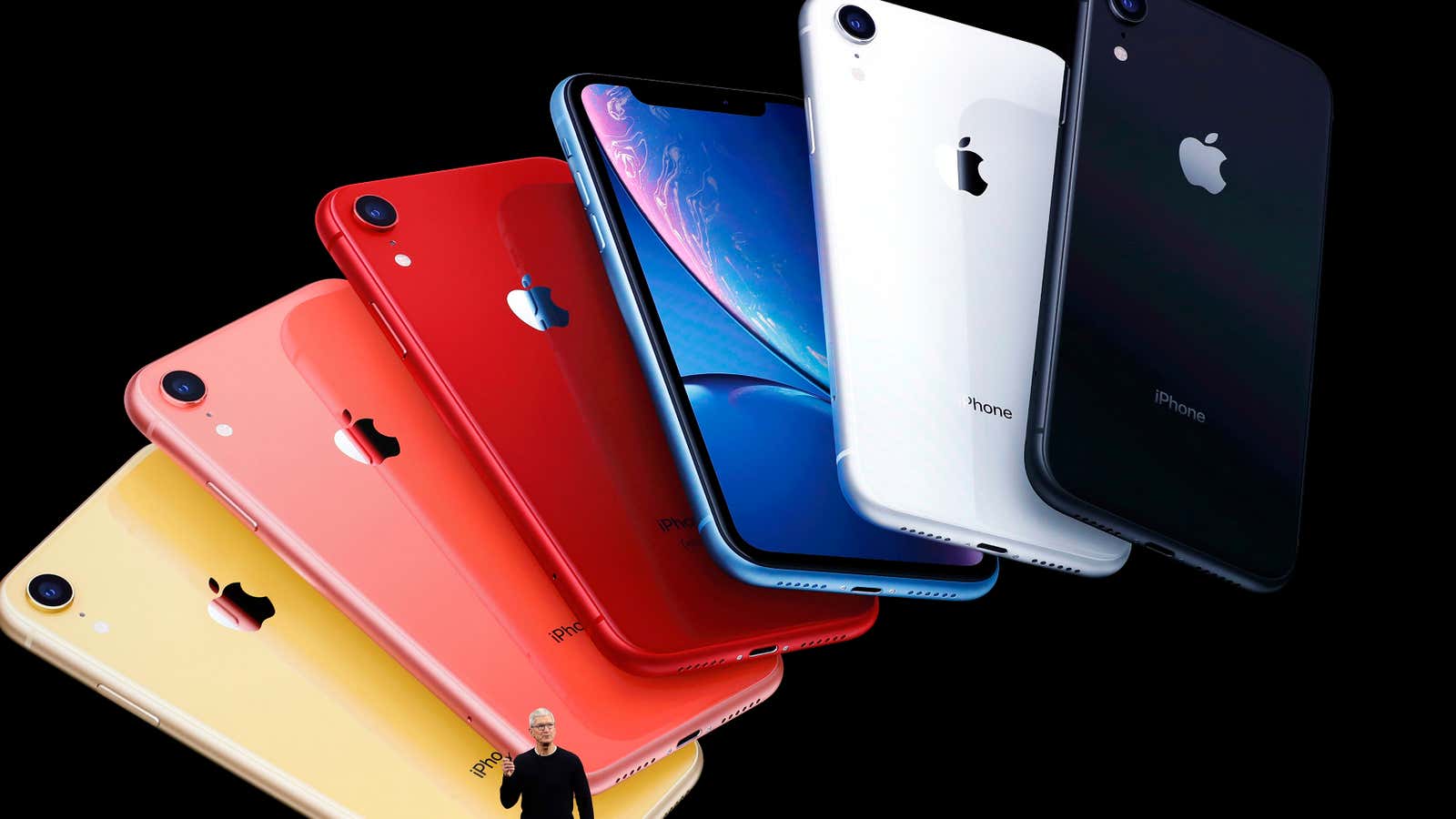If you want to make someone a personal loan through an app on their iPhone, there are rules—notably, a limit of 36% on the annual interest. If you want to make the same loan to someone on the street, you can offer them annual interest rates over 400%.
The difference between the rules adopted by Apple’s app store and those enforced on brick-and-mortar payday lenders by US regulators underscores how unequal access to credit creates an unequal society.
Consumer advocates have long complained that payday lending and associated businesses like auto title lenders aren’t operating the way we expect of credit providers: Their business model is not “profit when a borrower pays back their loan with interest,” but instead “profit when a borrower cannot pay back their loan.” This can lead borrowers to take out another high-interest loan to pay off the last one, leading them into a vicious cycle that only profits the person who owns their debt.
Consider the cost of borrowing $550 to pay for an auto repair, a fairly typical emergency for a working commuter. Paying it back over three months on a prime credit card would cost (pdf) about $556 in interest, while an average payday loan would cost $942. Minorities rely on payday lending (pdf) more than white Americans, which is one reason their median wealth is so much lower than white households:
So why not do something? The Obama administration did, in the wake of the financial crisis, creating the Consumer Financial Protection Bureau to advocate for new rules on financial products. The CFPB worked to create a rule requiring that payday lenders determine that their borrowers could reasonably pay back their loans, which would effectively limit ultra-high interest rates that make that impossible. But the Trump administration invalidated that rule this year in a reward to the politically connected payday loan industry.
One group of Americans (besides iPhone users) merits special protection: Thanks to a 2006 law called the Military Lending Act, it is illegal in the US to make loans to active-duty military service members and their families with an interest rate over 36% annually. But their status begs the question of why other groups should not be similarly protected, or why a retired service member should lose such protection.
Last year, lawmakers introduced a bill that would extend the 36% cap to all borrowers nationwide. Around the same time, Ohio Democratic senator Sherrod Brown asked Apple to apply the limit to any apps that offer personal loans on its devices. Last month, the tech giant announced that it had voluntarily adopted the policy and would block lenders offering higher rates from accessing Apple’s hundreds of millions of users.
Asked about the policy, Apple pointed to the Military Lending Act’s standards as a useful consensus.
“The unfortunate reality is that Americans, and all too often low-income and minority Americans, are falling victim to predatory loan practices, and we wanted to do our part to prevent this opportunistic behavior,” Apple spokesperson Fred Sainz said. “By implementing the widely adopted standard set by the MLA, we can ensure we are protecting not just our service members from predatory loan terms, but our entire App Store user base all over the world.”
Still, many Americans seeking payday loans aren’t iPhone users.
